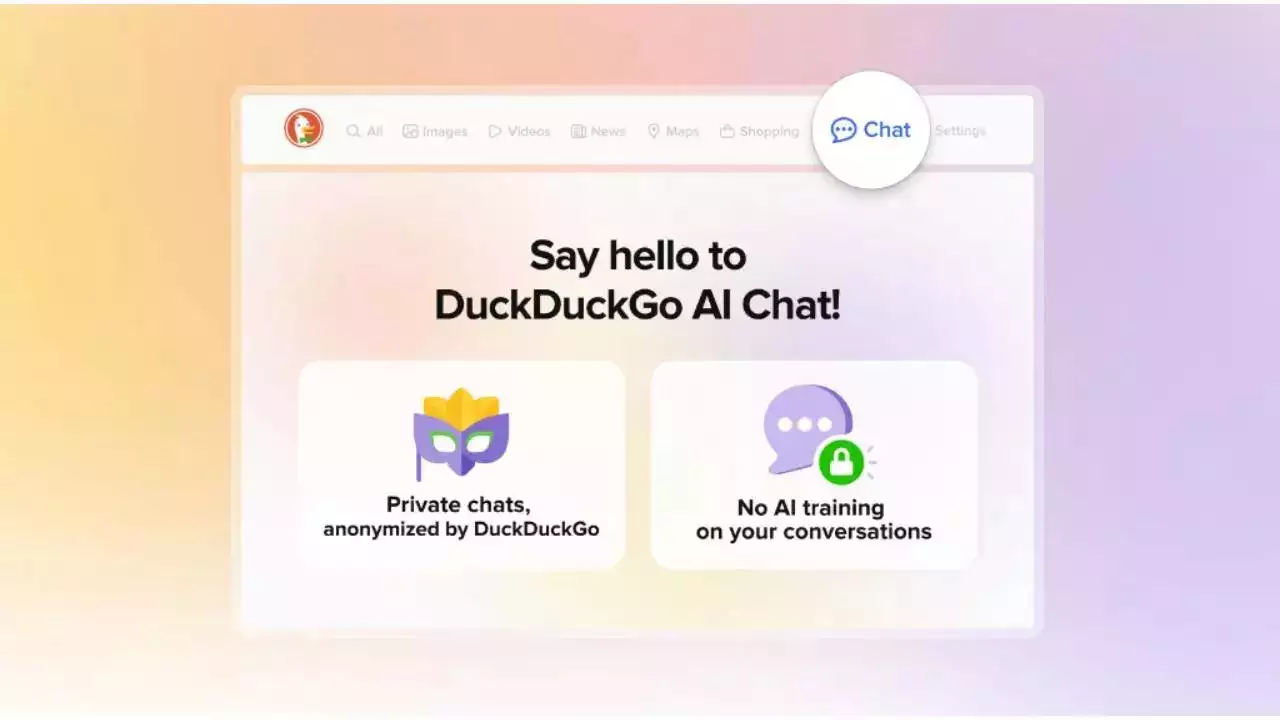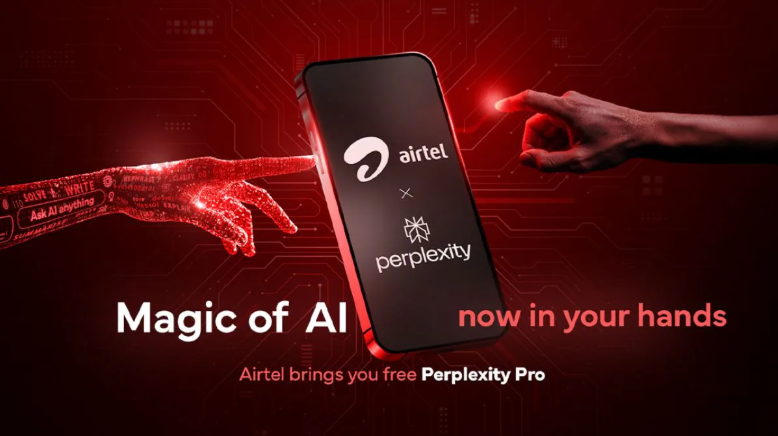This week in tech, the lines between AI, convenience, and everyday tools blurred a little more. Big moves from OpenAI, Perplexity, Netflix, and OnePlus dominated headlines while DuckDuckGo quietly made a privacy-first change. If you missed the buzz while doomscrolling or diving into weekend sales, here’s the only recap you need.

Let’s start with the news that sent Indian users rushing to the App Store. Airtel announced that all its prepaid and postpaid users will receive a free one-year subscription to Perplexity Pro. This subscription, worth more than ₹17000 annually, gives users access to the most advanced AI models from OpenAI, Google, Anthropic, and xAI. Following the announcement, Perplexity quickly climbed to the top of the free apps chart on Apple’s App Store in India, overtaking ChatGPT in the process.
Meanwhile, OpenAI dropped a major update of its own with the launch of the ChatGPT Agent. This new feature transforms ChatGPT from a chatbot into a smart agent capable of acting on your behalf. It can now handle tasks like managing your calendar, shopping online, planning events, browsing for specific info, and even generating presentations from screenshots. What makes it powerful is its seamless transition from chatting with you to taking action inside the same conversation.

OnePlus also joined the news cycle with the announcement that its Pad 3 will finally go on sale in India this September. While global markets have already had access to it, Indian fans had been left waiting since its teaser alongside the OnePlus 13s. The final pricing is still under wraps, but the company confirmed specs and a release window that has users excited for the tablet’s official debut.
On the privacy front, DuckDuckGo introduced a new setting that allows users to block AI-generated images from appearing in search results. Although the feature is not enabled by default, users can now find an “AI Images” toggle in the search filter. Once set to “Hide,” it will significantly reduce the frequency of AI-generated visuals. This new move leans into the company’s reputation for giving users greater control over their online experience.
And in a move that could shake up the entertainment industry, Netflix revealed that it used generative AI for the first time in one of its shows. According to Netflix co-CEO Ted Sarandos, the use of AI is not about replacing creatives but enhancing the storytelling process. He added that everyone involved in the AI-generated scene was thrilled with the result, showing that generative tools could become mainstream in content production sooner than expected.
From AI running your work week to enhancing your search and even creating your TV shows, this week has shown us that artificial intelligence is no longer just an experiment. It is already embedded in tools, apps, and services that millions use daily. The next time you search, scroll, or schedule, it might just be AI doing more than you realise.
For more weekly updates and tech breakthroughs you can’t afford to miss, follow Tech Moves on Instagram and Facebook.















